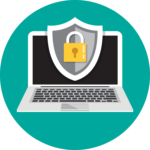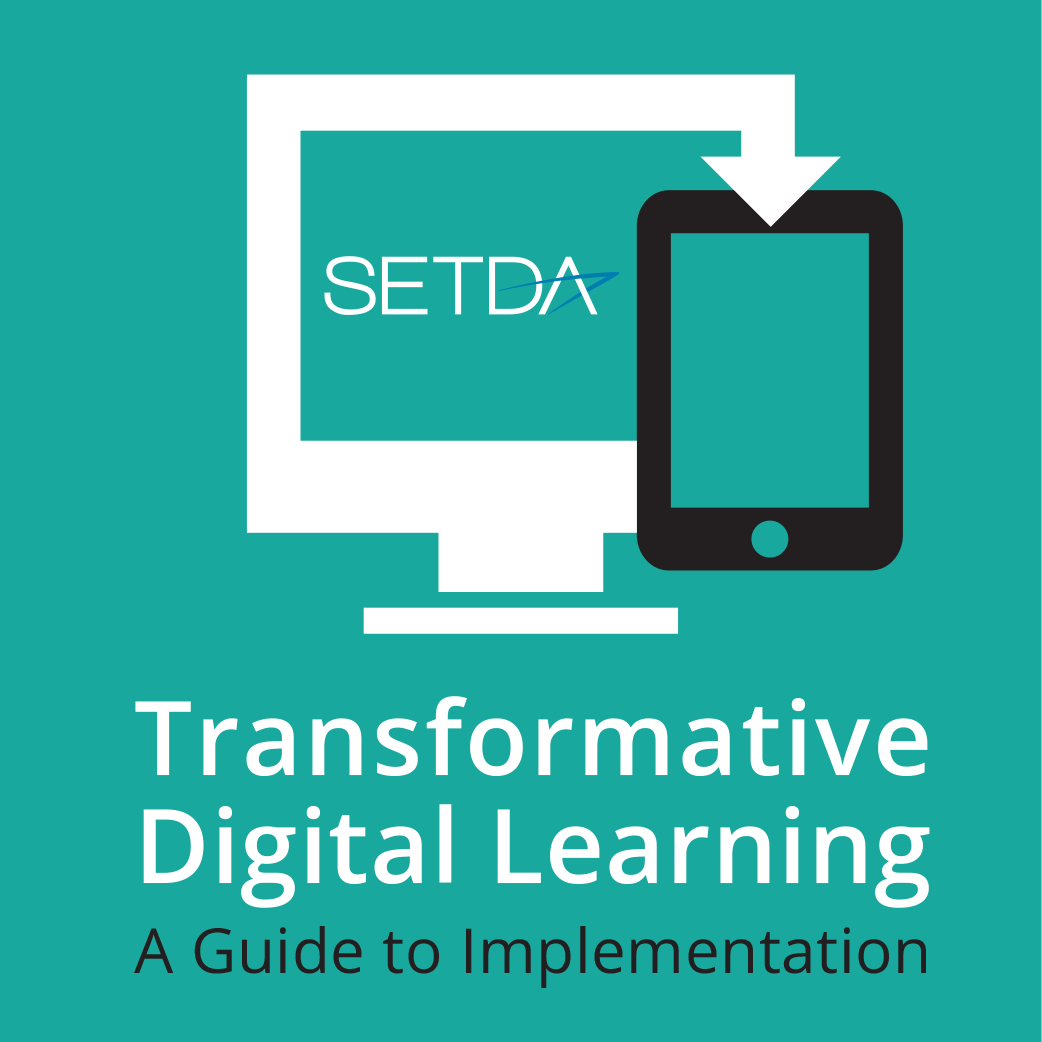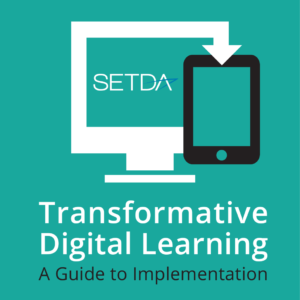School Board
As schools move towards digital learning environments, it is necessary to foster support beyond district and school leaders to advance the transition. Local school board members, and those serving on the boards of education service agencies or on their state school boards association’s board of directors, play an important leadership role in modernizing educational settings. The local school board, whether elected or appointed, is the link between the school district and the community. The primary mission of the school board is to support student achievement. The National School Boards Association (NSBA) identifies the Key Work of School Boards necessary to ensure that all students achieve at high levels. These five core areas of responsibility for effective governance are: vision, accountability, policy, community leadership, and board/superintendent relationships. The following principles of collaborative leadership and community partnerships identify ways that school board members can connect policies and practices to support the movement towards digital learning. Although, the current state of digital innovation in schools varies widely across the country, these principles are based on the belief that all students have access to the digital tools and resources necessary to be prepared for college and/or career.
 I am worried about who has access to my child’s information and how it might be used. What measures are in place to ensure that information is protected?
I am worried about who has access to my child’s information and how it might be used. What measures are in place to ensure that information is protected?
 How can school members support district and school leaders in the transition to digital learning?
How can school members support district and school leaders in the transition to digital learning?
 What steps can board members take to engage the community and create awareness around the benefits of learning in a digital environment?
What steps can board members take to engage the community and create awareness around the benefits of learning in a digital environment?
School board members discuss the positive impacts of adopting college and career ready standards to better prepare students for the future.
Resources





